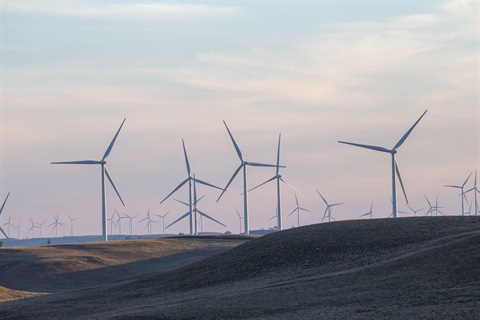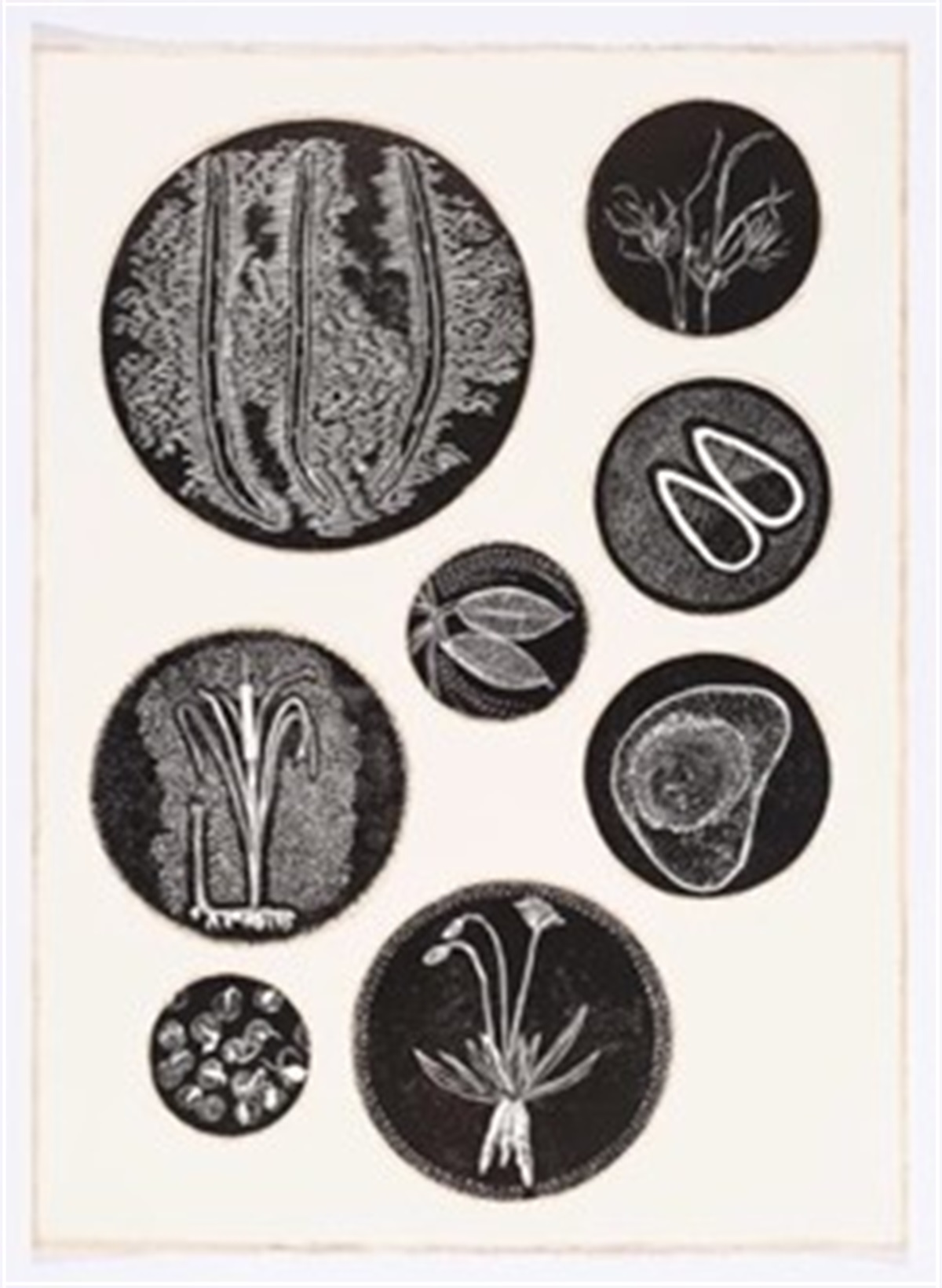The Government has announced 6 partnerships totalling $23.8 million co-invested towards the implementation of the carbon reduction projects.

The NSW Primary Industries Productivity and Abatement Program (PIPAP) is investing $6.8 million through High Impact Partnership (HIP) grants and the successful grantees are co-investing $17 million.
The HIP grants are part of the NSW Government’s commitment to help landholders reduce their emissions, improve their carbon management, and enhance biodiversity on their land alongside production.
The successful grantees are 24 Degree Forest, Wilmot Cattle Company, Regen Farmers Mutual, Greening Australia, World Wide Fund for Nature Australia and NSW Department of Primary Industries.
The partnerships include 4 tree planting projects, a soil carbon project estimating soil and organic carbon sequestration and a blue carbon project using the tidal restoration of blue carbon ecosystems method (coastal wetlands).
The projects will be implemented on approximately 100 properties across regional New South Wales, covering about 2,000 hectares of forest/woodland. The HIP component of the projects is to be implemented by June 2026.
The carbon credits generated by these projects will deliver an additional income stream to landholders, improving economic resilience as part of the NSW Net Zero Plan to halve emissions by 2030 safeguarding prosperity and our way of life.
Quotes attributable to NSW Department of Climate Change, Energy, the Environment and Water, Executive Director Climate Change and Sustainability, Justin Koek:
“This is vital funding to help landholders reduce their emissions, improve their carbon management and enhance biodiversity on their land alongside production.
“The 6 successful projects will deliver and implement carbon abatement by finding new ways of working that will meet the increasing challenges and demands placed on the primary industries sector while maximising co-benefits for land holders.
“The carbon credits generated by these projects will deliver an additional income stream to landholders, making them more economically resilient”.
Download images from Dropbox







